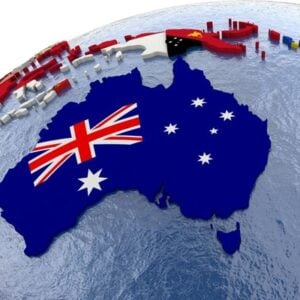Global trade has long been impacted by shocks such as tariffs, pandemics, and geopolitical tensions. However, what sets the current situation apart is that uncertainty itself has become a systemic feature of the global economy. Unlike isolated incidents, policy unpredictability is now embedded within the trade landscape, altering trade patterns and slowing down investment.
The latest Global Trade Update from UNCTAD highlights how this pervasive uncertainty is increasing costs, unsettling financial markets, and widening the economic divide between nations. The World Trade Policy Uncertainty Index reached record highs in early 2025, reflecting the growing unpredictability firms must navigate. Companies are forced to make difficult decisions such as stockpiling goods, rerouting shipments, or bearing higher transport expenses. For small exporters and developing economies, which have limited resources to absorb shocks, the cost of uncertainty often surpasses the cost of tariffs themselves.
Uncertainty’s impact extends beyond trade flows, affecting financial and macroeconomic stability. Exchange rates become volatile, capital flows tighten, and borrowing costs increase. Developing countries, which already face challenges accessing trade finance, experience even more restricted credit and reduced investment. With persistent high global interest rates, this unpredictability exacerbates fiscal fragility, hindering governments’ capacity to finance growth and social programs.
Perhaps the most harmful effect is the erosion of trust and cooperation among countries. Unclear policies and inconsistent rule enforcement prompt governments to adopt unilateral measures that provoke retaliatory actions. This vicious cycle amplifies volatility throughout supply chains. UNCTAD data reveal that while advanced economies maintained relatively steady import trends, developing and least developed countries faced sharper fluctuations, demonstrating that those most vulnerable are also the most exposed to instability.
The costs of this unpredictability are stark: it disproportionately harms those least equipped to handle it. However, solutions exist. Diversifying trade markets, reinforcing trade agreements, and providing businesses with timely information about policy changes can mitigate risks. Ultimately, restoring stability and predictability is crucial for encouraging investment, fostering economic growth, and enabling trade to act as a catalyst for development.
This Global Trade Update underscores a critical reality: uncertainty has effectively become a new tariff, and its cost is being felt throughout the global economy.







